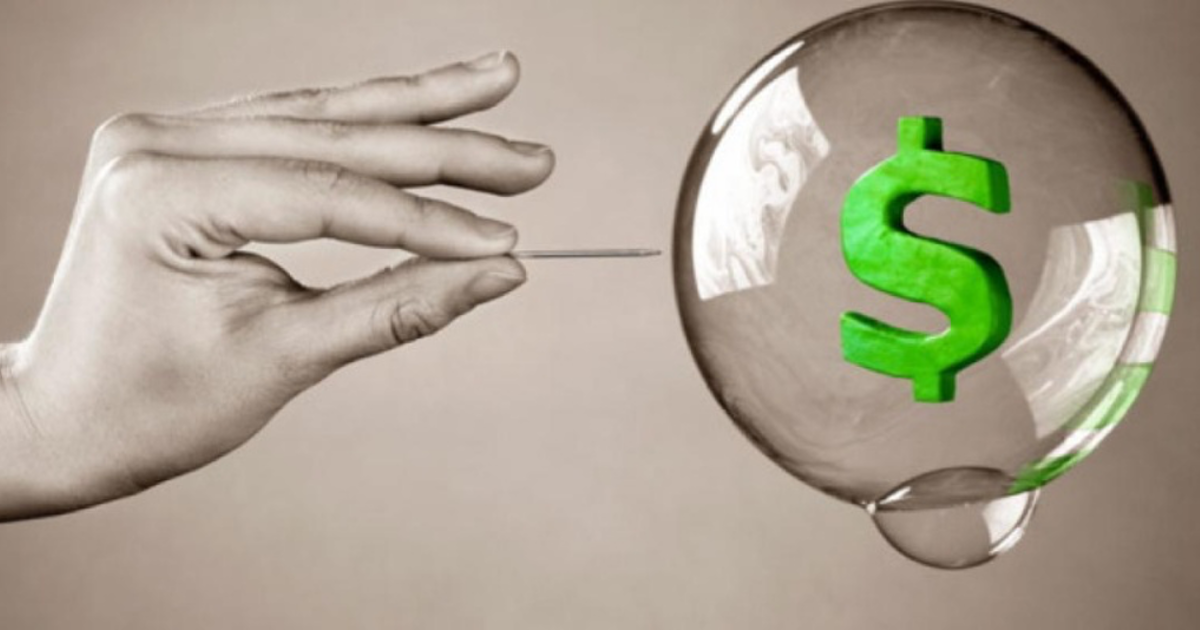|
By Chris Rossini
Maria emails the following: Chris, I wonder if you and Dr Paul can discuss for how long Western governments can continue to create fiat currency before it finally crashes and how will that happen? And can there be another financial crisis given the actions of the Fed and the banks to prevent one?
These are very good questions, and they are asked quite often.
The answers, however, are not very extravagant. To be blunt: it's not possible to predict crashes ahead of time with exact certainty. The reason for this is the same reason that the central planning of an economy never works: there are just too many variables. The U.S. economy is made up of hundreds of millions of people. Everyone is making decisions based on their own personal value scales. So to make a prediction that a currency will crash at a certain date in the future is impossible because no one has the knowledge of all the variables in play. One should always be wary of pundits who say things like: "The dollar will crash in 6 months," or "The debt can't go any higher," or "So-and-so event will cause everything to fall apart." There's just no way of knowing with such precise certainty. One can only know that crashes will occur in a general sense. In other words, economic laws (like supply & demand) are constants. Understanding basic economic laws will at least guide you to know that because of (A), we can expect (B). This is not a perfect analogy because we're not dealing with human action, but think about the weather. A meteorologist cannot know what the temperature in Philadelphia will be on Aug 20, 2020 with exact certainty. There are just too many variables at play to make such a precise prediction. However, the meteorologist can make a general statement that the weather will be warm, and the chances are very unlikely that it will snow. When it comes to economics, we can know which phase of the Fed's boom/bust cycle that we're in. The Austrian Business Cycle Theory explains how central banks create artificial bubbles, that must ultimately burst, because of the central bank's manipulations of interest rates and the money supply. We can say (with certainty) that when central banks artificially suppress interest rates, they create mal-investments in the economy that must ultimately be liquidated. The specific events that will occur to precipitate the liquidations cannot be foretold with precise accuracy. Can central banks prevent the crash and liquidations? No. They can forestall them, which is what has happened from 2008 to the present. We didn't get the full correction that was necessary back then. Instead, the Fed inflated the money supply by many trillions, amounts of monetary inflation that had never been done before. This forestalled the necessary liquidations that should have occurred in 2008, but it doesn't prevent them from happening at some point in the future. In fact, the economic pain will likely be even worse in the future because the Fed merely created a bigger bubble that has to pop. The key to remember is that the real crisis is the Fed manipulating interest rates. That's the genuine crisis. What we call the "crisis" is actually the cure to the Fed's manipulations. The liquidations are a return to economic reality. That return is always painful though, which is why it's called a "crisis." We should never leave economic reality in the first place. If America had a free market economy, with a sound currency and no central bank, none of this discussion would be necessary. Comments are closed.
|
Archives
July 2024
|


 RSS Feed
RSS Feed



